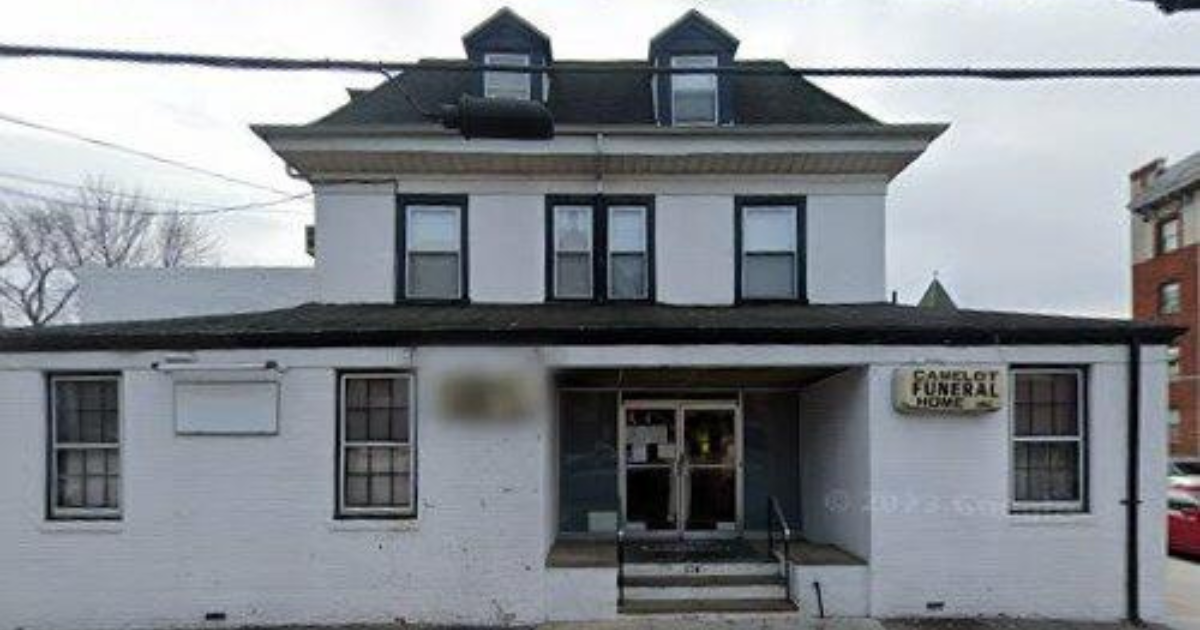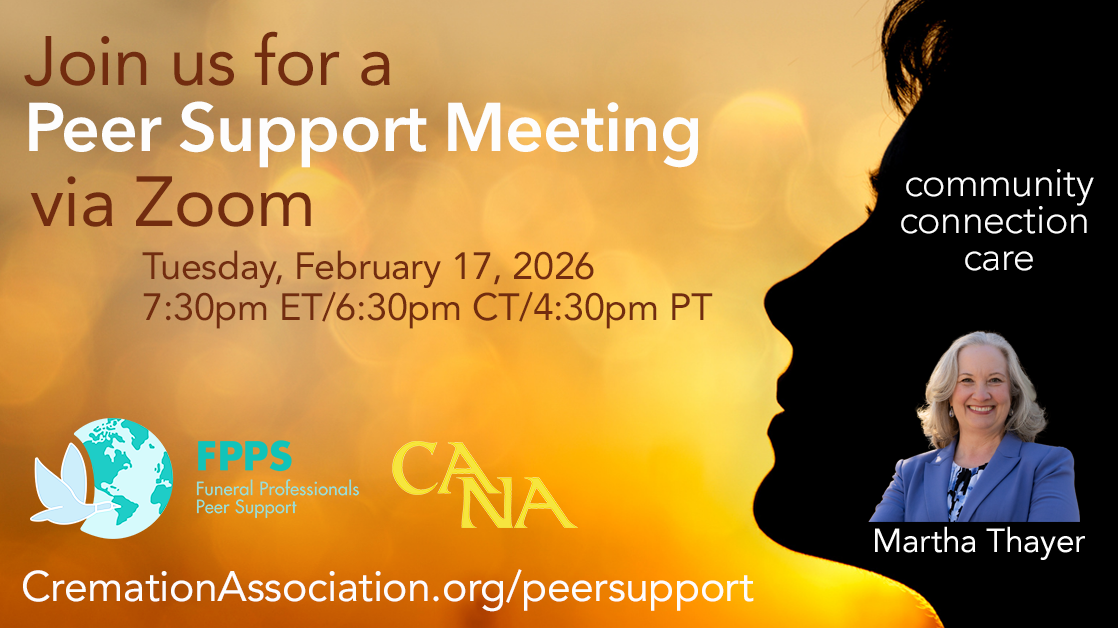Death in Virtual Reality
Virtual Reality serves multiple functions in deathcare, from helping people come to grips with their own mortality to hosting visits with the recently deceased. And over the past several years, VR has also made it possible for the bereaved to seek the company of others who are also grieving by joining a roundtable arrangement in a virtual setting created specifically for the purpose.
Now that sounds like truly valuable social media, wouldn’t you say?
Kind of like a “Death Café”
“Death Q & A” virtual meetups provide a way for the bereaved to socialize – an important opportunity for those who, grieving heavily, who might be otherwise tempted to isolate. There are no rules, nod dress code, no agenda. Any are welcome. In some ways, the goals of the gathering are similar to Jon Underwood’s Death Cafés, just with less tea and cake; Death Q & A’s main goal when it was established originally –it is the same now – was to provide informal, unscripted time in the company of others who there for one reason: to process the loss by death of someone in their lives, or just to be part of helping others do the same.
So, just a place to be not alone with grief. Participation optional.
What to expect
The original meetings were hosted (weekly) events at a virtual Tibetan temple, surrounded by a different real-world cemetery (in VR form) each week (nice touch, that). Attendees appeared in the form of an avatar to preserve anonymity, if they chose (an avatar is a constructed character you create to resemble yourself inside the virtual “world” or setting). Participants could connect through computer or Virtual Reality headset.
The way the virtual meet-ups are hosted and the place where they occur have shifted a bit and resettled several times since the original idea took off around early 2020, but the main thrust and purpose of Death Q & A remains essentially the same: typically with a turnout of 25-35 each week, many people elect to participate by being present only, never speaking; a handful of others, four or five maybe, sometimes more, will generally share in detail with the group about feelings, experiences, struggles – anything that they needed to give voice to. Check out the current schedule for details (Death Q & A usually happens Tuesdays).
Sounds like a safe version of group therapy, right? Sounds like grief group, because, well, that’s essentially exactly what it is. Death Q & A shares some critical qualities with various other types of regularly scheduled support groups out there, the ones meeting in church basements and such places.
There’s a good reason such arrangements endure: they work. The best quality in each of them is the shared element of human response to some universal experience we feel unable to navigate on our own. We need such groups because we need each other.
There’s great comfort to be found in the simple proximity of others – physical or virtual. What a wonderful, low-key, low-stress alternative, and a valuable resource toward which to direct clients.




